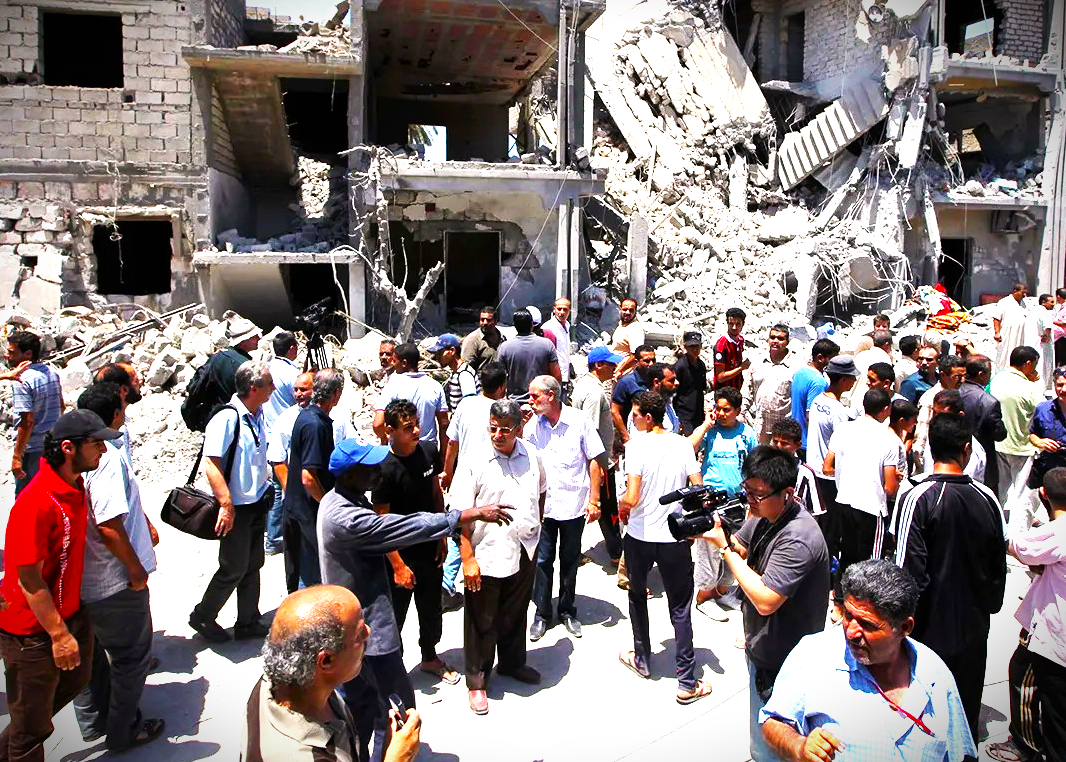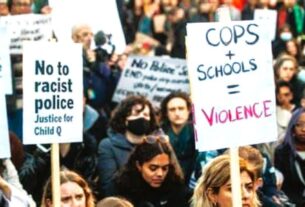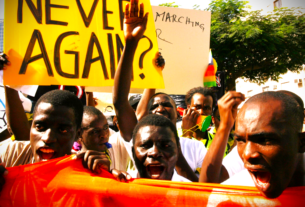Tripoli, Libya – In a grim echo of Libya’s years-long descent into factional chaos, a fresh wave of deadly clashes between rival armed groups has once again made civilians the primary victims of a struggle for power that plays out in the heart of the nation’s capital. The death of Abdelghani “Ghneiwa” al-Kikli on May 12, a powerful militia leader aligned with the Government of National Unity (GNU), has triggered not just violent infighting but also exposed the fragility of Libya’s quasi-state apparatus and the persistent void of lawful governance.
Al-Kikli’s execution-style killing reportedly at close range during a meeting at the Tekbali base in Tripoli unleashed a cascade of violence among western Libya’s most dominant armed factions. The fighting, involving the 444 Combat Brigade, the Stability Support Apparatus (SSA), and the Deterrence Apparatus (al-Radaa), spilled into densely populated neighborhoods, turning family homes into battlegrounds and sending terrified residents fleeing for safety. A fragile truce halted open conflict on May 14, but the damage had been done.
Among the victims were a young bride-to-be in Ain Zara and two brothers killed by indiscriminate shelling. Emergency services reported at least 69 claims of property destruction, including burnt homes and damaged cars. Civilian trauma from repeated exposure to such violence remains largely unaddressed.
“These are not isolated incidents,” said Hanan Salah of Human Rights Watch. “They are a symptom of a country where armed groups operate above the law, with no accountability and no regard for civilian life.”
Despite claims of “security operations” by Prime Minister Abdelhamid Dabeiba, critics argue that the GNU’s efforts have done little to curb militia power. On the contrary, attempts to restructure security forces and dissolve rogue units have ignited internal revolts, ministerial resignations, and widespread distrust. Dabeiba’s portrayal of the clashes as a success rings hollow against the backdrop of civilian bloodshed and the open use of live ammunition against protesters demanding change.
Beneath the bullets and bombast lies a deeper battle: the fight for Libya’s political soul. With rival governments entrenched in the east and west each backed by its own militias and foreign allies, the death of a single commander can tip the balance of power and plunge entire neighborhoods into war. The stakes are high, not just for the combatants, but for every Libyan family hoping to live another day in peace.
International law requires all warring parties to protect civilians, yet repeated violations have gone unchecked. Videos circulated online depict burning cars and gutted homes, while hospitals and emergency workers struggle to operate amid the chaos. Reports of detainee escapes, or possibly deliberate releases, add to the instability.
With the judiciary called upon to investigate war crimes and preserve evidence, Libya stands at a crossroads. Either it can move toward accountability and the reestablishment of state control or continue its spiral into militia rule and lawless violence.
As Salah warns, “Commanders could be held criminally responsible for crimes committed by their forces. But that depends on whether Libya and the international community finally muster the political will to act.”
Until then, Tripoli’s civilians remain trapped in a recurring nightmare where the war never ends, and justice never comes.




